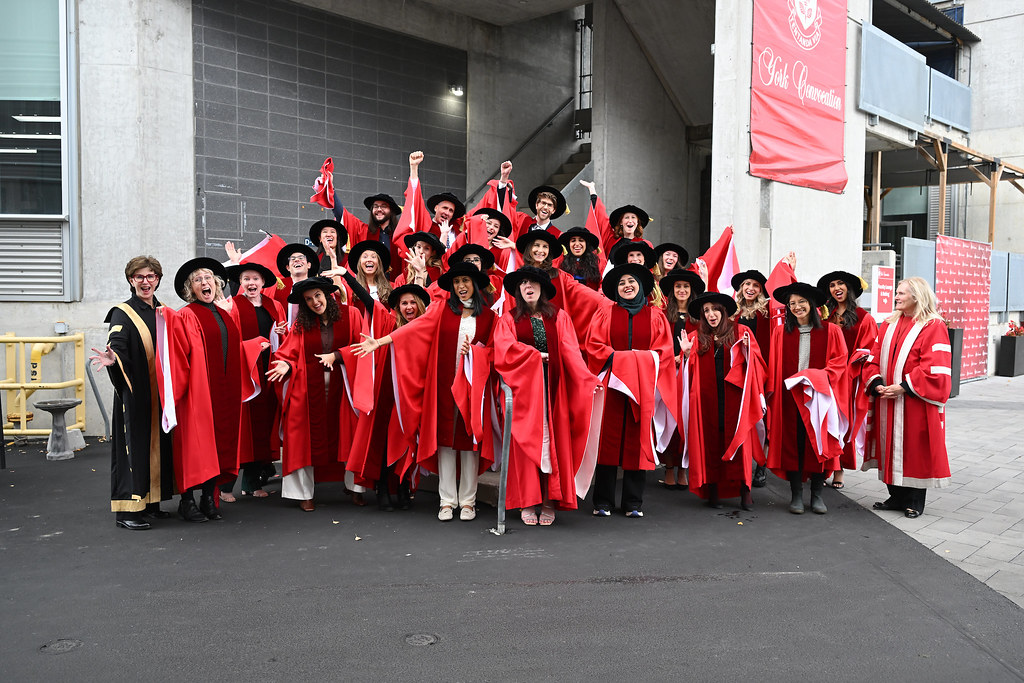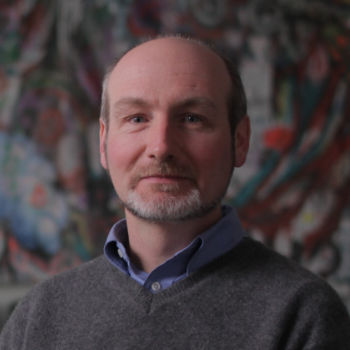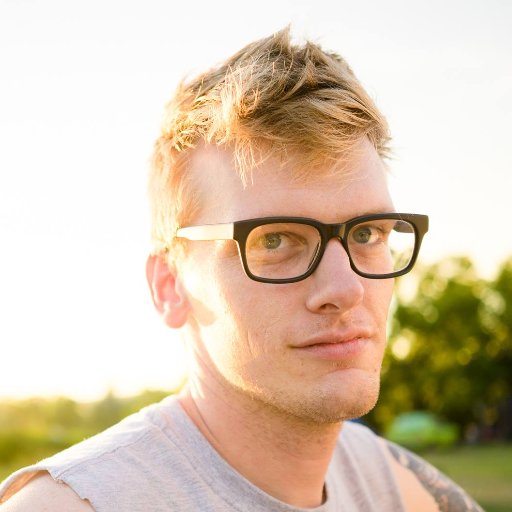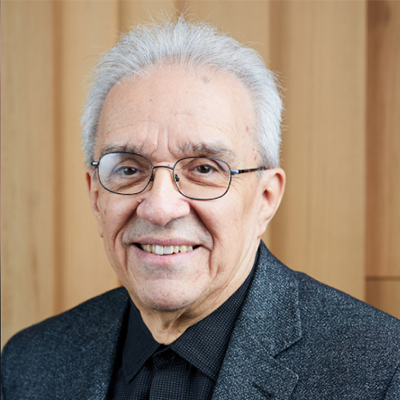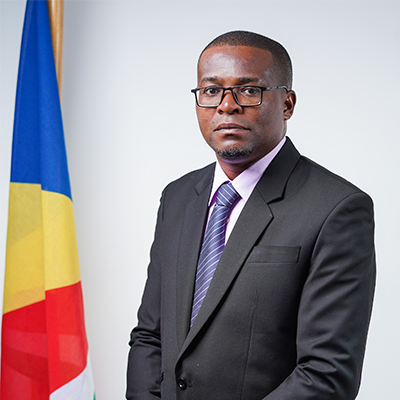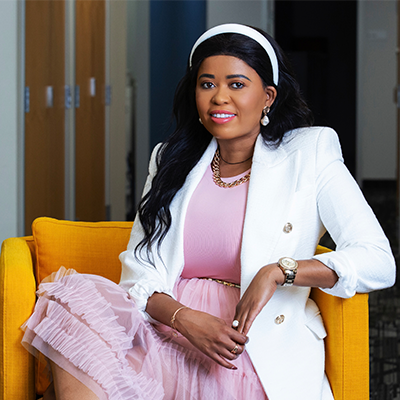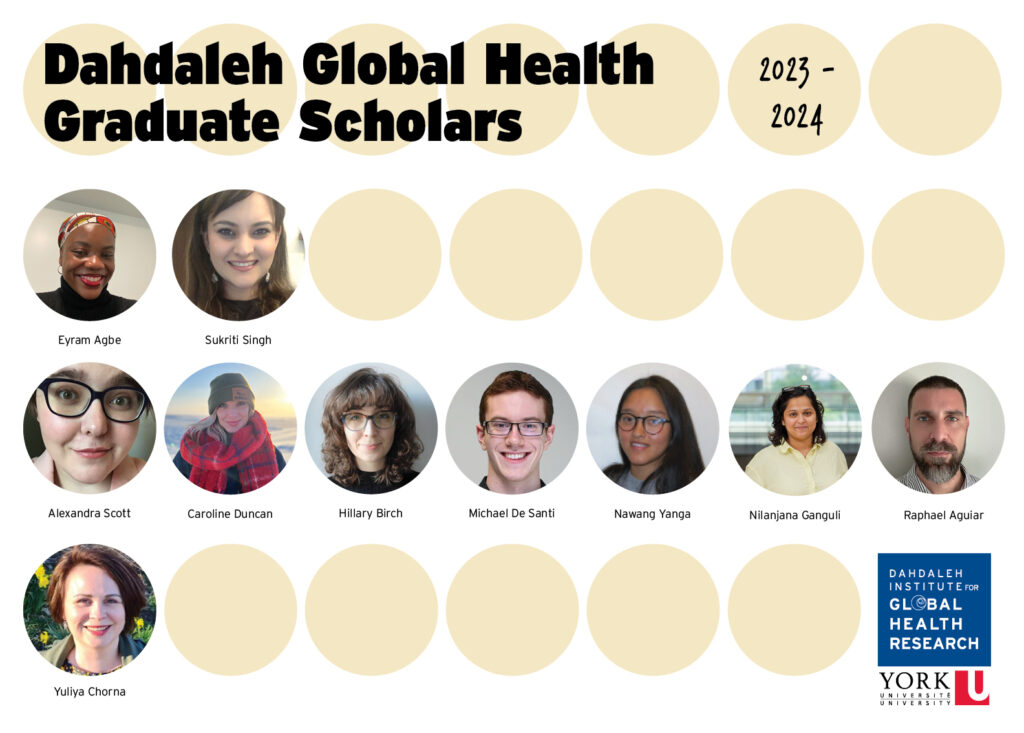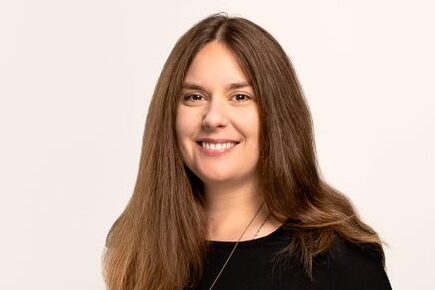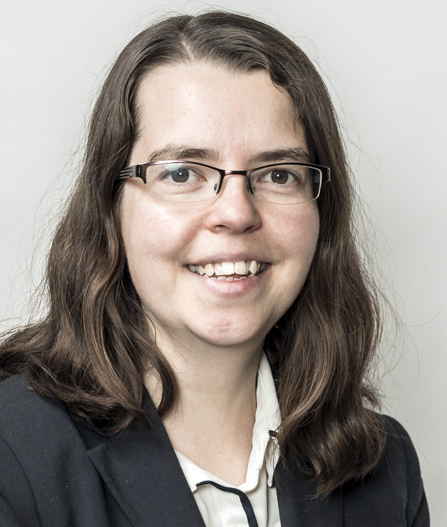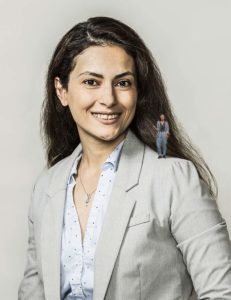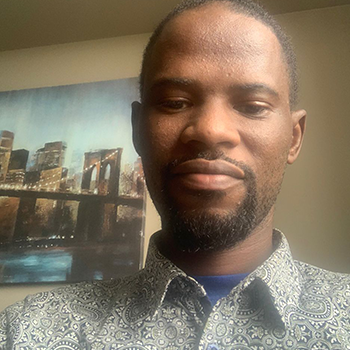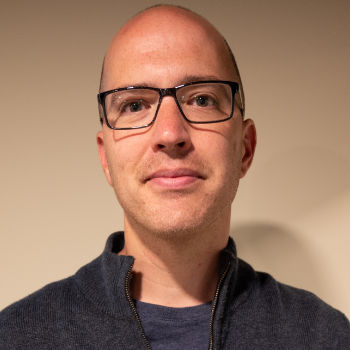More than 30 projects led by York University researchers in the social sciences and humanities were awarded a combined total of $15,541,343 in federal funding from Social Sciences and Humanities Research Council (SSHRC) Partnership Grants, Partnership Development Grants and Insight Grants.
The funding, announced on Aug. 29 by the Randy Boissonnault, minister of employment, workforce development and official languages, on behalf of the François-Philippe Champagne, minister of innovation, science and industry, goes towards 33 projects, ranging from research on migrant labour and gender inequality in retirement to heritage design in Canada.
“This week’s funding announcement highlights the council’s faith in the high calibre of our researchers’ work, ranging from Indigenous circumpolar cultural sovereignty, ecological footprint, to renewable greener transition and policy gaps in international mobility, in collaboration with other local and international subject experts,” says Amir Asif, vice-president research and innovation at York. “I thank SHHRC for their support and I commend York’s research community for their ongoing commitment to creating positive change, both locally and globally.”
The new round of grants will support 605 social sciences and humanities research projects across Canada. Learn more about the York-led projects below.
Partnership Grants
SSHRC Partnership Grants support teams of researchers from post-secondary institutions working in new and existing formal partnerships with public, private or not-for-profit organizations. Through collaboration, sharing of intellectual leadership and resources by cash or in-kind contributions, the grants support work for four to seven years to advance research, training and knowledge mobilization in the social sciences and humanities.
Four York-led projects received a combined total of almost $10 million ($9,978,586) in funding.
Peter Victor, Faculty of Environmental & Urban Change
The International Ecological Footprint Learning Lab: Training, research and novel applications
$2,486,161
Richard Saunders, Department of Politics, Faculty of Liberal Arts & Professional Studies
African Extractivism and the Green Transition
$2,498,948
Leah Vosko, Department of Politics, Faculty of Liberal Arts & Professional Studies
Liberating Migrant Labour?: International Mobility Programs in Settler-Colonial Contexts
$2,499,975
Anna Hudson, Department of Visual Art & Art History, School of the Arts, Media, Performance & Design
Curating Indigenous Circumpolar Cultural Sovereignty: advancing Inuit and Sami homelands, food, art, archives and worldviews
$2,493,502
To learn more about the York-led projects, click here.
To view all Partnership Grant recipients, click here.
Partnership Development Grants
Partnership Development Grants support teams of researchers from post-secondary institutions working in a formal partnership with public, private or not-for-profit organizations for one to three years. The grants support research development, existing and new partnerships, knowledge mobilization, and related activities in the social sciences and humanities.
Eight York-led projects received a combined total of more than $1.5 million ($1,514,498) in funding.
Anna Agathangelou, Department of Politics, Faculty of Liberal Arts & Professional Studies
Building an International Partnership to Research and Address Reparative Justice in Post-Conflict Situations: Canada, Africa and Europe
$176,127
Thi Viet Nga Dao, Department of Social Science, Faculty of Liberal Arts & Professional Studies
Slow violence and water (in)justice: Feminist political ecologies of intergenerational struggles in the Mekong region
$199,689
Anne MacLennan, Department of Communication & Media Studies, Faculty of Liberal Arts & Professional Studies
Interrogating Canadian Identities/ L’identités canadiennes – une interrogation (ICI)
$173,836
Jan Hadlaw, Department of Design, School of the Arts, Media, Performance & Design
The xDX Project: Documenting, Linking, and Interpreting Canada’s Design Heritage
$193,400
Christopher Kyriakides, Department of Sociology, Faculty of Liberal Arts & Professional Studies
Refuge, Racisms, and Resistances: A Co-Created Analysis of the Experiences of Syrian and Ethiopian Refugees in Canada
$196,426
To learn more about this project, click here.
Abigail Shabtay, Department of Humanities, Faculty of Liberal Arts & Professional Studies
Strengthening Participatory Drama-Based Research in Institutional, Community, and Educational Contexts
$199,341
Susan Winton, Faculty of Education
The Public Education Exchange
$175,679
Debra Pepler, Department of Psychology, Faculty of Health
Walking the Prevention Pathway for Indigenous Communities’ Journey of Change
$200,000
To view all Partnership Development Grant recipients, click here.
Insight Grants
Insight Grants are awarded to emerging and established scholars in the social sciences and humanities to work on research projects of two to five years.
21 York-led projects received a combined total of more than $4 million ($4,048,259) in funding.
Tasso Adamopoulos, Department of Economics, Faculty of Liberal Arts & Professional Studies
Inequality and Productivity in Developing Countries
$125,669
Kee-hong Bae, Department of Finance, Schulich School of Business
Incentive-focused corporate culture
$74,440
Anh Nguyen, School of Administrative Studies, Faculty of Liberal Arts & Professional Studies
Labour force aging and business vibrancy: Evidence and solutions for businesses and workers in Canada and around the world
$193,356
Thanujeni (Jeni) Pathman, Department of Psychology, Faculty of Health
How accurate is memory for time across childhood and adolescence? Theoretical and practical implications for forensic settings
$240,030
Alexandra Rutherford, Department of Psychology, Faculty of Health
Intersecting difference: Gender, race and sexuality in 20th century U.S. psychology
$134,090
Robert Savage, Faculty of Education
Tackling two of the most important unresolved tasks in reading intervention
$278,472
Marlis Schweitzer, Department of Theatre, School of the Arts, Media, Performance & Design
Decoding the Lecture on Heads: Performing Objects and Satire on the 18th-Century Stage
$99,923
Simon Adam, School of Nursing, Faculty of Health
Entangled identities: Exploring neurodiversity through social media expression
$103,553
Kean Birch, Faculty of Environmental & Urban Change
Digital Data Value Paradox: An Empirical Investigation of Personal Data Valuation
$328,946
Antony Chum, School of Kinesiology & Health Science, Faculty of Health
Social and policy determinants of self harm across gender identities in Canada
$328,104
Julia M. Creet, Department of English, Faculty of Liberal Arts & Professional Studies
Digital Afterlives
$283,757
Robert Cribbie, Department of Psychology, Faculty of Health
Extensions of Negligible Effect Statistical Testing
$251,006
Ganaele Langlois, Department of Communication & Media Studies, Faculty of Liberal Arts & Professional Studies
The Art of Necessity: Making Sustainable and Just Worlds through Local Textiles
$228,206
Brenda Longfellow, Department of Cinema & Media Arts, School of the Arts, Media, Performance & Design
Abolition Feminism: Collaborating Across Communities
$352,679
Kinnon MacKinnon, School of Social Work, Faculty of Liberal Arts & Professional Studies
Detransition: Examining pathways and care needs
$112,113
Jonathan Nitzan, Department of Politics, Faculty of Liberal Arts & Professional Studies
The capital-as-power fractal: toward a general theory of the capitalist mode of power
$111,766
Yuval Deutsch, Schulich School of Business
Social capital, corporate social responsibility and corporate irresponsibility
$133,799
Caitlin Fisher, Department of Cinema & Media Studies, School of the Arts, Media, Performance & Design
Mobilizing the arts for global health: a virtual museum of antimicrobial resistance
$236,457
Kamila Kolpashnikova, Department of Design, School of the Arts, Media, Performance & Design
Gender Inequality in Retirement: Understanding Social Organization in Domestic Tasks
$88,145
Palma Paciocco, Osgoode Hall Law School
The Gatekeeper and The Timekeeper: Regulating Expert Evidence and Trial Delay in Criminal Courts
$51,777
Yan Shvartzshnaider, Department of Electrical Engineering & Computer Science, Lassonde School of Engineering
Virtual Classrooms Privacy
$291,971
To view all Insight Grant recipients, click here.



